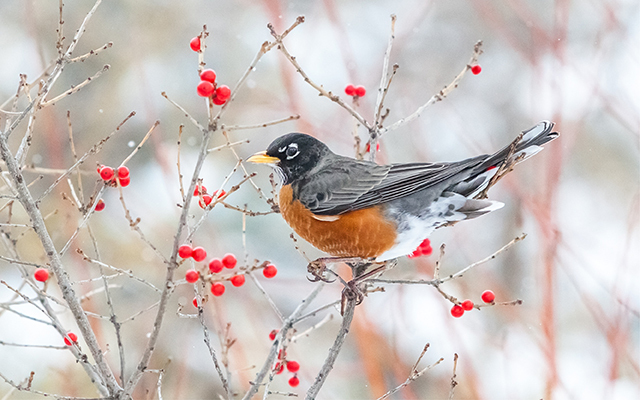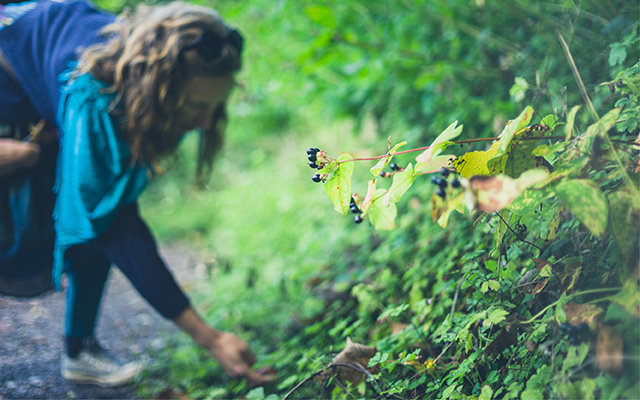Does stress, anxiety, or depression sometimes feel like an albatross around your neck? You might want to move closer to nature.
New findings from the University of Exeter, the British Trust for Ornithology, and the University of Queensland indicate that people living in neighborhoods where they can see more trees, shrubs — and birds — have improved mental health.
The results — published in the journal BioScience — add to a growing body of evidence suggesting that humans who have access to natural environments have improved immunity as well as lower levels of stress, depression, and anxiety.
To investigate which components of nature are linked to positive mental-health outcomes, the researchers explored the relationship between self-reported mental-health assessments for depression, anxiety, and stress and several metrics of neighborhood nature, including vegetation cover and the abundance and richness of birds that people are likely to experience.
More than 260 people of various ages, incomes, and ethnicities — who lived in a triangle of connected neighborhoods that included both low and high-density housing — were asked to complete a short version of the Depression, Anxiety, and Stress Scale.
Respondents used a four-point scale to rate the extent to which 21 statements relating to depression, anxiety, and stress applied to them during the past week.
The researchers also conducted extensive surveys, allowing them to estimate the number of birds found in the neighborhoods in both the morning and afternoon.
After controlling for factors like income, age, sex, and neighborhood deprivation, researchers found that respondents had reduced levels of depression, anxiety, and stress when they could see more birds in the afternoon from places such as their windows or gardens.
How big “a dose of nature” was needed to have an impact on mental health? The results suggest that if all the respondents lived in neighborhoods with vegetation coverage of more than 20 percent, then the total number showing symptoms of depression would be reduced by up to 11 percent, while cases of anxiety and stress could be reduced by up to 17 percent.
While the causes of stress, depression, and anxiety are varied, the study’s findings suggest that interacting with even a small amount of nature might help unruffle your feathers.
If bird watching and tree hugging aren’t your thing, here are a few more ways to get your daily dose of nature:
- Eat a meal outside.
- Embrace yard work.
- Move your workout outdoors.
- Take your kids or dog to the park.
- Fly a kite.
- Ride your bike to work instead of driving.




This Post Has 0 Comments